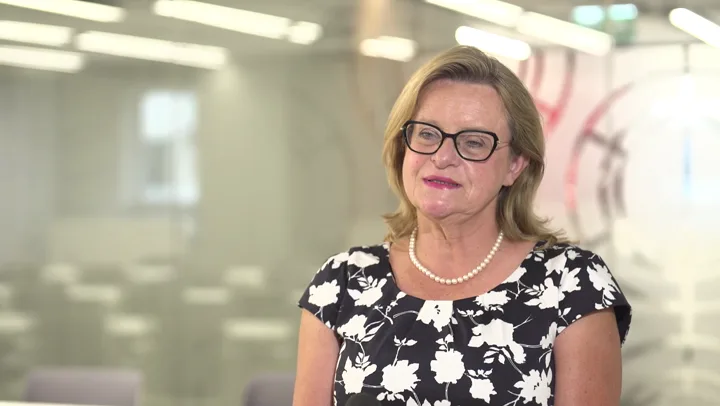Over the last 10 years, the number of patents related to generative artificial intelligence has grown from 733 in 2014 to over 14,000 in 2023, according to a report by the World Intellectual Property Organization (WIPO). In total, nearly 54.5 thousand patents have been granted for this type of invention during the decade. However, not all issues related to intellectual property rights, copyright law, and the use of AI are regulated. “There needs to be more time to find appropriate legal solutions that will allow for the protection of AI solutions,” assesses Dorota Rzążewska, President of the Polish Chamber of Patent Attorneys.
The WIPO report “Patent Landscape Report: Generative Artificial Intelligence” states that technological progress is reflected in the rapid increase in patent activity. The number of patents related to AI has increased from 733 in 2014 to over 14,000 in 2023. AI allows users to create text, images, music, and codes used in chatbots like OpenAI’s ChatGPT, Google Gemini, or Baidu’s Ernie. In total, 54 thousand inventions related to AI have been documented over the decade, with over 25% of them appearing in the last year. Since 2017, with the introduction of transformer neural networks, the number of patents has increased by over 800%. According to WIPO data, image and video analysis (almost 18,000 inventions), text processing, speech recognition and music (about 13.5 thousand inventions each) currently dominate in AI patents. These patents cover a wide range of sectors including natural sciences (5.3 thousand inventions), document management and publishing (nearly 5,000 inventions), and over 2,000 inventions each in business solutions, industry and manufacturing, transportation, security and telecommunications.
Norms such as those relating to AI copyright law are not keeping up with the growing position of artificial intelligence. According to the current interpretation of existing regulations, machines are not capable of holding copyrights. In 2022, for example, the U.S. Copyright Office Review Commission refused to register an image created by an AI (Midjourney) due to lack of a human artist.
AI is increasingly being used in patent attorney work as well. “AI speeds up the ability to perform patentability research, that is, whether a given invention will be able to obtain patent protection. The analysis of databases we have to go through is definitely faster. Also, we provide a validation service in law firms, meaning the translation of the patent description from German, English or French into Polish so that it can be protected in Poland. AI greatly helps in accelerating and improving the quality of translations,” explains Dorota Rzążewska.
